- Make It Yourself Lavender Heart-Shaped Bath Bombs!
- 20 Things You Never Knew About “Down There”
- 12 Best Foods For Those Suffering From Arthritis Pain
- 12 Personal Hygiene Mistakes Almost Everyone Makes (Mom Never Told You About #4!)
- 15 Medicinal Plants And Herbs From The Cherokee People
- 12 Mind-Blowing Benefits Of Drinking Coconut Water During Pregnancy
- 12 Outstanding Winter Foods That Won’t Fatten You Up Like A Christmas Turkey
Top 15 Reasons Why You Might Want to Think Twice About Going Gluten Free

Photo credit: bigstock
Going on a gluten free diet is all the rage right now, with celebrities and health “experts” all weighing in on just how healthy, clean, and wonderful it all is. Just in 2010, Americans shelled out more than $206 billion on gluten free foods. By the end of 2014, that number is expected to reach $7 billion, according to statistics by the National Foundation for Celiac Awareness. Why has the market for gluten free foods gone through the roof? It’s not because there are more and more people being diagnosed with Celiac disease (which is a complete intolerance to gluten), but rather because many people are looking for a quick fix for their health problems, especially for those who are hoping to drop some weight. But is a gluten free diet really as wonderful as celebrities such as Paris Hilton says it is? Or is it more hype to sell you something you don’t really need? Find out the delusions about a gluten free diet. Many people look to certain groups of foods as “bad” or as the cause of all their problems. They imagine that if they drop gluten (or some other food) from their diet that all their weight problems will disappear, they will have pristine health, and get a promotion at work. Well, OK, so maybe you don’t imagine the promotion part, but if you are serious about going gluten free, here are a few things you should consider before you do so.
1. Going Gluten Free Does Not Necessarily Mean Healthier Eating
Many people think that if they cut all gluten out of their diets that this means that they are eating a super healthy diet. Unfortunately, too many people decide to start their new gluten free diet by going to the store and stocking up on gluten free foods, such as gluten free bread, cake, ice cream, and anything else they can find in the supermarket that has a gluten free label on it. Substituting gluten free cake for regular cake is not a healthier exchange! It’s like substituting brown sugar for white sugar; it’s still sugar, no matter what color it is. If you truly want to make your gluten free diet healthier, you should be substituting those things you would normally eat for more fresh, organic fruits and veggies, looking into alternatives such as zucchini or squash pasta, and making fruit cups for dessert. Gluten free does not automatically equal healthier eating or healthier eating habits!
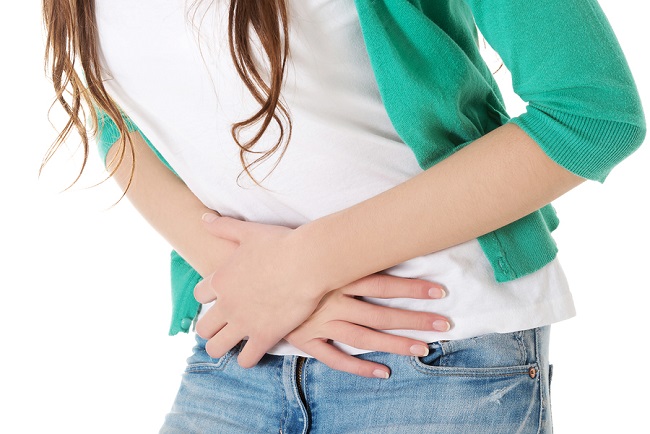
Photo credit: bigstock
2. Gluten Free Does Not Mean Less Stomach Upset or Pain
Although removing gluten is vital for those with Celiac disease, many people mistakenly believe that eating less gluten means that all their digestive problems will go out the window. This isn’t always true, however. For some people, yes, if they have true intolerance or sensitivity to gluten (see signs of gluten sensitivity), then ditching the gluten will help them feel better, but for most people, stomach problems lie in unhealthy eating, stress, and antibiotic use. There has been no scientific evidence or studies that show that those who eat a gluten free diet have fewer stomach issues. Most people simply need to change to healthier eating habits, such as eating a plant based diet, consuming as many fresh, raw, organic fruits and veggies as possible, eating more fermented foods, taking probiotics regularly, and eliminating as much sugar and processed foods from their diet as they possibly can. If more people tried this approach, they might find that their stomach and digestion problems disappear.
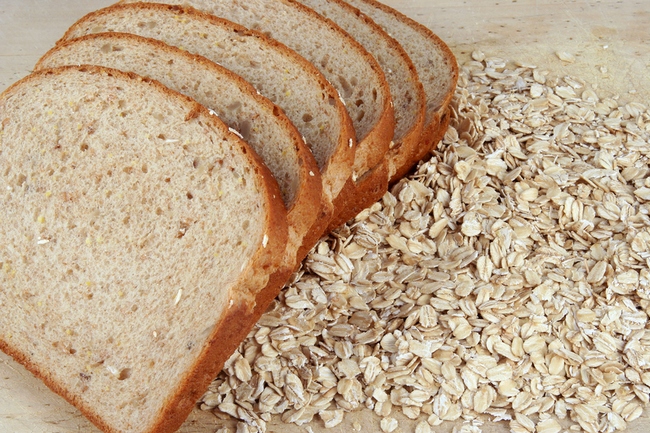
Photo credit: bigstock
3. Cross Contamination Issues
One of the problems many people who plan to go gluten free don’t realize is just how difficult it is to avoid cross contamination. This is an issue you will be dealing with constantly. Cross contamination is what happens when gluten free foods come into contact or are made at the same locations as regular foods. Sometimes this happens at manufacturing plants where the same equipment is used to make both types of products. You will have to read every single food label to see if it says something like “may contain gluten” or “made at factories that also make regular foods that contain gluten.” By the way, those labels are not mandatory, they are completely voluntary, so you could be buying something that says it’s gluten free, but is actually made in the same machine as foods that do contain gluten. Even those gluten free labels can be a little deceiving. They don’t mean the food is 100 percent gluten free. The FDA only requires that the food contain less than 20 parts per million of gluten, so even products that say gluten free or wheat free can actually still contain small amounts of both.
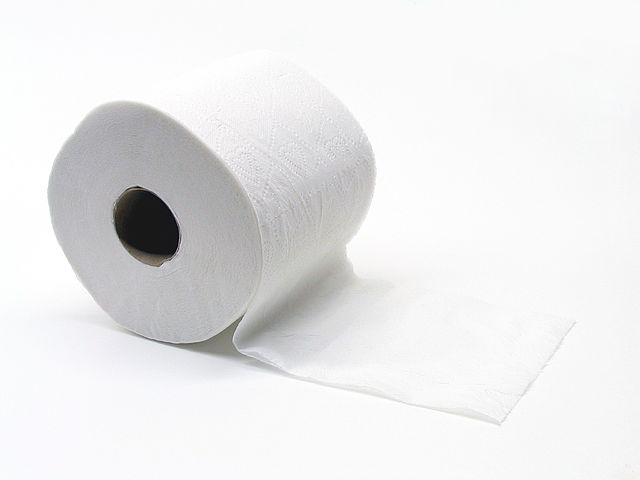
Photo credit: wikimedia
4. Gluten Free Diets Can Lead to Constipation and other Issues
If you think that your morning bran muffin or bagel is making you feel sluggish and stealing your energy away, you have no idea of what that actually feels like until you become seriously constipated due to a lack of fiber. Many people who eat gluten free are seriously lacking in fiber, something that is vital for your intestines in order to move waste along and out of the body. Whole grains are loaded with fiber. Most Americans are already lacking when it comes to fiber and few of us get the recommended 30 to 40 grams of fiber we need each day. Cutting gluten out of your diet might cause a serious back-up in your intestinal plumbing system, so to speak. If you do go gluten free, be sure you eat plenty of raw produce and drink your 8 to 10 glasses of water to avoid becoming constipated. If you still seem to have problems, try some of the fiber mixes that you can simply mix with your morning smoothie or juice to keep things moving smoothly.

Photo credit: bigstock
5. Gluten Free Diets Can Also Lead to Nutritional Deficiencies
Although 1/3 of study subjects state that they believe that removing gluten from their diets would mean they have a better, healthier diet, this is not always true. The FDA mandates that grains and grain products, such as bread, must be fortified with certain vital vitamins, amino acids, and minerals. When people cut gluten out of their diets, they often substitute them with other products that don’t necessarily contain these vitamins, such as folic acid (vital for pregnant women and their developing babies in order to avoid birth defects.) Many of the Americans who are following this diet are young women and they are the ones who need these nutrients more than anyone else. For anyone who is seriously considering going on a gluten free diet, be sure you take a good quality multivitamin to avoid any nutritional deficiency. If you are pregnant, or thinking about becoming pregnant, it’s important that you talk to your doctor before you go gluten free.
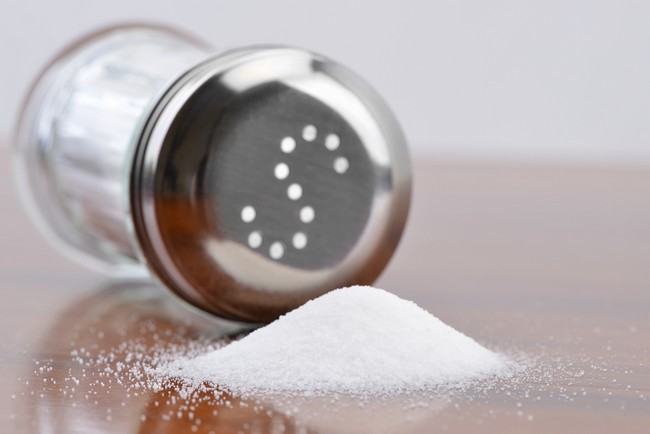
Photo credit: bigstock
6. Gluten Free Usually Means More of Something Else
Many food products that proudly boast “gluten free” on their brightly colored labels often have to add something else to make their foods have the taste and texture you expect. Many of these foods will add things like sugar, salt, and fat to make them taste good. Gluten free doesn’t mean that it’s free of anything else, like artificial colors, preservatives, or chemical additives like MSG; it simply means it has no wheat protein in it. For example, ice cream that says it’s gluten free does not have any less sugar, fat, or diary. Although you might find some of these products have fewer calories, others have more than their regular counterparts due to their added ingredients. If you plan to go gluten free, you might want to take the time to read and compare food labels. Many people find that it’s better for their health if they make their own gluten free foods at home so they can control what actually goes into it. For example, you can check out our article with the top gluten free bread recipes that you can make at home to ensure that you have a healthy, chemical free, gluten free diet.
(By the way, if you’re enjoying this article, you may want to subscribe to the Naturalon’s free newsletter; get breaking news alerts on GMOs, fluoride, superfoods, natural cures and more… Your privacy is protected. Unsubscribe at any time.) – Continue reading…
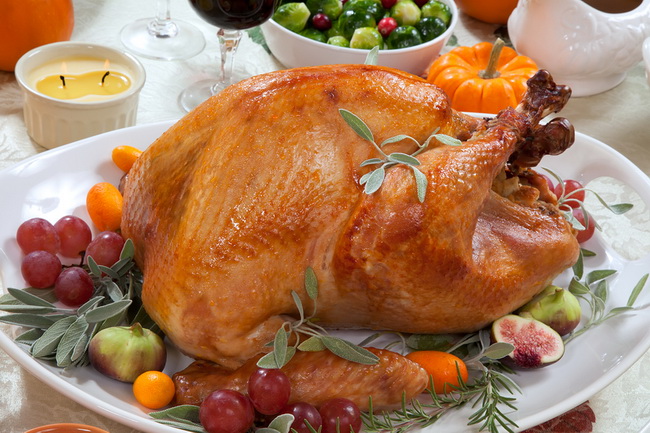
Photo credit: bigstock
7. Gluten Free Diets are All or Nothing
It makes no point in eliminating just “some” gluten, or eating gluten free except for the holidays or “just this once.” For those with Celiac disease, or those with true sensitivities, even trace amounts of gluten will cause damage to your small intestine. Unlike vegetarians, who can choose to enjoy an omelet, milk, ice cream, or a Thanksgiving turkey, those who are truly sensitive to gluten cannot make exceptions. It won’t cause any bodily harm to a vegan who decides to enjoy a slice of ham for Easter. Being vegan is a choice and it won’t harm them to change their diet. Those with sensitivities or Celiac disease will be causing inflammation to their intestine and upset the entire balance of their system by eating even just one bite of Aunt Mary’s peach pie. If you want to cut out gluten simply because you don’t feel it’s good for you, that’s one thing, but for those of you with Celiac disease or a true intolerance to gluten, be prepared to go all the way and cut out every bit of gluten, no matter how much you love that peach pie.
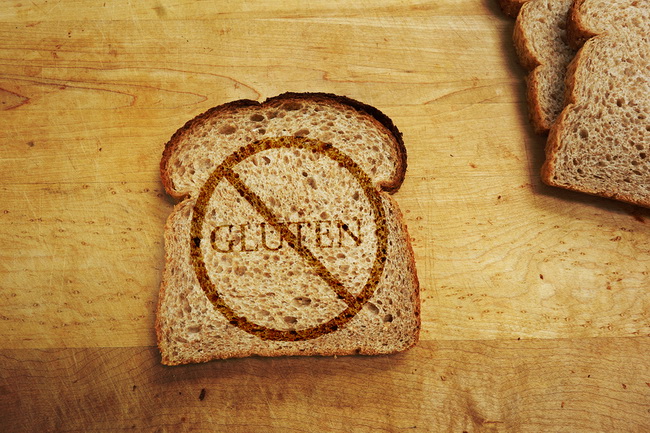
Photo credit: bigstock
8. Gluten Free Foods are More Expensive
Unfortunately, going gluten free has a terrible drawback: gluten free foods are much more expensive than their counterparts. Most gluten free foods, such as pasta or bread, are considerably more expensive, and we don’t mean just a few pennies, or even a dollar or two. A study conducted in 2007 by the American Dietetic Association showed that surveys of grocery store prices showed that common things such as bread and pasta were twice as high in price as conventional foods. As if eating organic were not expensive enough, this would be an added burden to your food budget. Of course, you could always make things at home, such as pasta from zucchini or squash, but many people find they need to buy a special machine to peel and cut the squash into the pasta shapes they want, and those are another added expense. Another way to save money on these items is to bake them yourself at home. Some people complain, however, that they are too busy to make bread, cookies, cakes, and pasta themselves every week. If you should decide to go gluten free, consider the cost and be prepared to spend either extra time or money to do so.
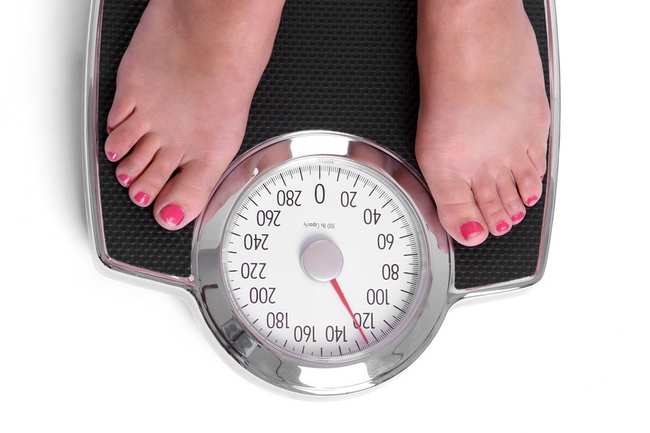
Photo credit: bigstock
9. You Will Lose Lots of Weight Fast
Although some people will tell you that they lost weight once they took up a gluten free diet, they are the exception rather than the rule. It seems as if some people could drink less water and lose weight, but for most people, replacing conventional foods with gluten free foods is nothing more than an exchange of calories, not a diminishing of calories. For example, if you normally eat sandwiches for lunch, and you exchange your conventional bread for gluten free bread, you won’t be dropping weight anytime soon. Read the labels on your foods, most gluten free foods have the same amount of fat and calories as conventional foods, and sometimes more! You could decrease your total amount of processed foods and calories by exchanging those foods for more fruits and vegetables, as almost anyone else can lose weight in this manner. People who have Celiac disease are often very thin, and this leads many people to think that consuming gluten free foods will cause them to lose weight, but the truth is that persons who suffer from this disease are thin because their bodies do not absorb the nutrients in the foods they do eat.
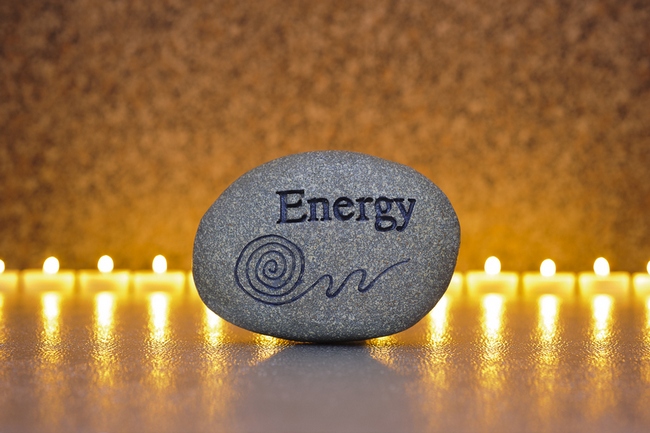
Photo credit: bigstock
10. You Might Not Get an Increase in Energy
Another reason many people decide to go gluten free is they are told that doing so will give them tons of energy. There is no scientific proof to back up these claims, however. Some people will experience higher energy levels if they are trading a diet that is high in processed foods and carbohydrates for a healthier diet that is mostly plant based. Many people who switch, not to a gluten free diet, but to a natural, healthy, plant based diet and consume plenty of raw vegetables and fruits, often find that they have increased energy levels. However, studies show no change in energy levels between those who are eating a healthy, plant based diet, and those who are simply eating gluten free diets. If you have a true sensitivity to gluten, you might also feel a change in energy levels as the inflammation leaves your body, but for everyone else, simply exchanging conventional foods for gluten free foods won’t get you that long lasting energy high you are looking for.
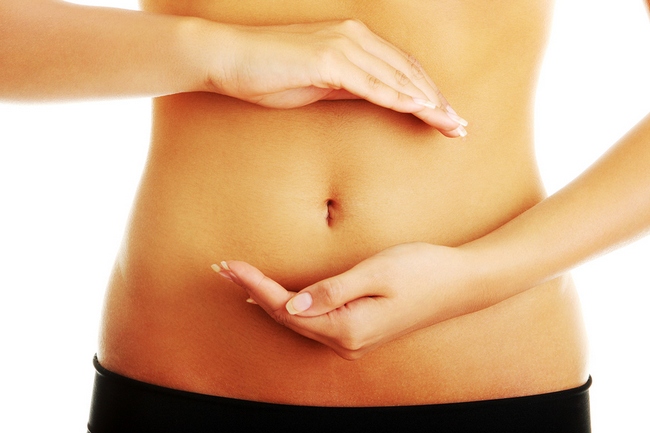
Photo credit: bigstock
11. Going Gluten Free Might Hurt Your Gut
Many people believe that going gluten free will help their stomach bacteria, but gluten free diets actually cause a decrease in the amount of beneficial bacteria in your gut, especially lactobacillus and bifidobacterium. You can replenish your gut bacteria by consuming more fermented foods such as sauerkraut, pickles, kimchee, and other types of fermented vegetables. You can also improve your digestive bacteria by consuming more yogurt that contains live cultures, drinking raw milk, or consuming probiotic supplements. Almost all of these options will end up increasing your family food budget, but they are well worth it when you consider that a compromised digestive system means a compromised immune system. More than 80 percent of our immune system lies in a healthy bacterial balance in your digestive system. Your immune system is what will pull you through any virus or bacteria you may pick up so you want it working at its absolute best. So if you plan to adopt a gluten free diet, be sure to include some of the foods listed above, or consider buying some probiotic supplements.
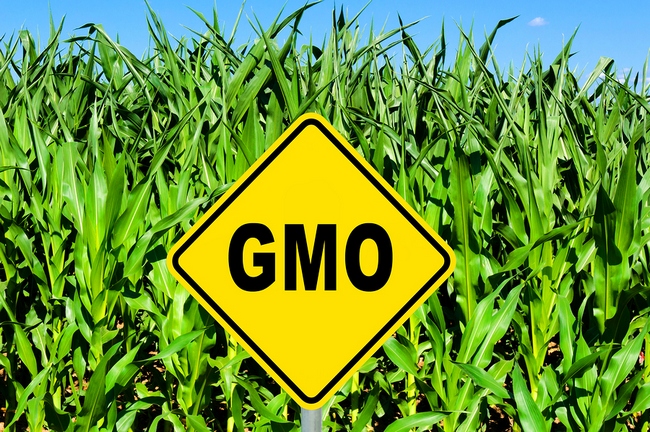
Photo credit: bigstock
12. Gluten Free Means More GMO
Eating gluten free unfortunately means you will more than likely end up eating more GMO foods and grains, unless you intend to skip those also. Most people on a gluten free diet simply exchange wheat for other grains such as corn, cornmeal, or soy. All of those are GMO grains. In fact, many of the grains that people eat on a their gluten free diets such as rice and rice flour, hominy, soy and soy flour, corn, cornmeal, and corn flour all come from GMO grain. Now, if you think consuming GMO grain is no big deal, then you need to think again. Read more about why GMOs have never been shown to be safe.
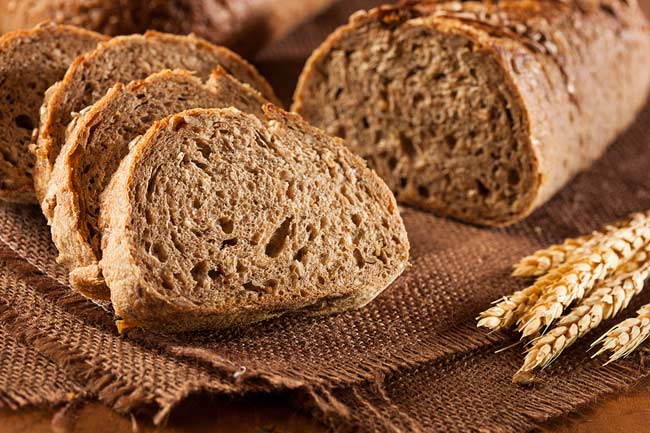
Photo credit: bigstock
13. Avoiding Wheat is Not Easy
If only people called wheat exactly what it is: wheat. Avoiding wheat products is much more challenging than most people believe because wheat goes by so many names. Just a few of the types of wheat you will find are enriched, phosphate, bromated, self-rising, Durum flour, farina, kamut, spelt, semolina, triticale, graham flour, and spelt. All of these need to be avoided on a gluten free diet. Other things you may not think of as being a “gluten” item but that you will need to avoid are matzo, communion wafers, croutons, French fries, imitation seafood, processed lunch meats, salad dressings, soy sauce, seasoning mixes, self-basting turkeys and other poultry products, tortilla chips, potato chips, soups, gravy and gravy mixes, vegetables in any type of sauce, and beer. Yes, read that last one again: you will need to give up beer. Beer is made from hops, which comes from wheat. You will need to avoid all malt, beer, barely, or malt vinegar drinks.
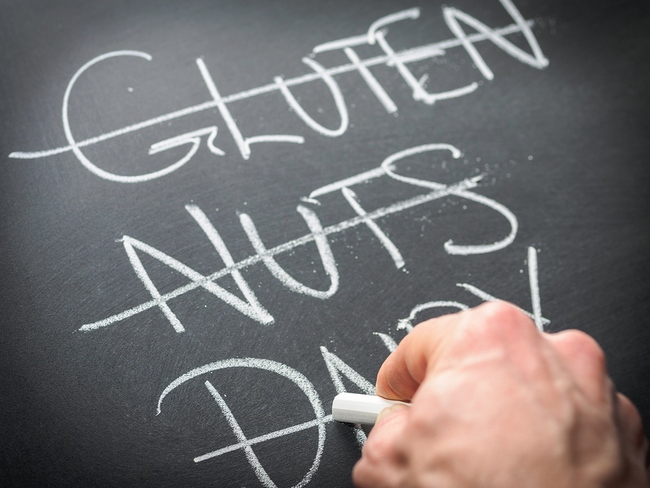
Photo credit: bigstock
14. Is There Really A Need?
There are approximately 3 million people living with Celiac disease in the United States. This disease is an autoimmune disorder that damages the lining of the small intestine whenever affected persons eat gluten. For these individuals, the message is clear: absolute abstinence from gluten is necessary. There are approximately 18 million other persons in America who are sensitive to gluten, and after consuming it experience bloating, diarrhea, gas, and stomach pain, but don’t have the dangerous side effects that people with Celiac disease have. However, unless you fall into one of these groups, there may not really be a need for you to go gluten free. Numerous studies have shown that there does not seem to be any significant health benefits for doing so. Some people have stated that gluten is the bad guy behind many of today’s diseases, everything from autism to diabetes, but again, there is no scientific evidence to back up any of these claims.

Photo credit: bigstock
15. Be Prepared for Name Calling
Seriously. When you tell people that you don’t eat gluten, you will have to explain it as many people don’t really understand what that exactly means. They might think you are on the Atkins diet or that you are some type of vegetarian. Kids in school who suffer from Celiac disease often have food thrown at them or they are called “special.” People will smirk at you behind your back, laugh at how ridiculous you are being, call you “high maintenance,” and ask you over and over “what exactly is wrong with you?”, or tell you that your problems are all in your head. Some people go so far as to try to sneak gluten into your foods or lie to you by putting regular cookies in a gluten free box and trying to get you to eat them to “prove” that there is nothing wrong with you. Until you can educate people about the misconceptions of what gluten free means and why some people must eat this way, you will be the butt of some people’s jokes and attempts at “fun.”
Sources:
vol 20: pp 423-30. ADA Nutrition Care Manual. Weight Loss. Accessed February 1, 2011.
Celiac disease. ADA Nutrition Care Manual. Accessed January 26, 2011
Loftus CG, et al. Celiac disease. American College of Gastroenterology.
Mayo Foundation for Medical Education and Research. Nutrition and healthy eating: Gluten-Free Diet. Accessed February 1, 2011.
National Foundation for Celiac Awareness. Dietitian takes on gluten-free weight loss rumors. Accessed February 1, 2011. Palma GD, Nadal I et al (2009).
Effects of a gluten-free diet on gut microbiota and immune function in healthy adult human subjects. British Journal of Nutrition. 102(8): 1154-60. Rossi, M., & Schwartz, K (2010).
Peter Green, director, Celiac Disease Center, Columbia University. Celiac Disease Center at Columbia University, “Frequently Asked Questions.” National Digestive Diseases Clearinghouse, “Celiac Disease.” Kupper, C. Gastroenterology, April 2005;

































Joss
Feb 19, 2015 at 1:15 am
This article is horse shit. Why are you trying so hard to dissuade people from going gluten-free? A huge factor that you don’t seem to understand is that for people who are going gluten-free for health reasons often do their research and end up going completely grain-free. That’s where you’ll start to see health benefits; it’s also where your article falls short. On an ending note:
“Kids in school who suffer from Celiac disease often have food thrown at them or they are called ‘special.’ People will smirk at you behind your back, laugh at how ridiculous you are being, call you ‘high maintenance’…”
Are you kidding me? Did you try to go gluten-free and someone bullied you? This is absolutely ridiculous. People, do your research- this “writer” sure didn’t. He or she also doesn’t seem to edit his or her work before publicizing. Only 6 shares, thank goodness!
mike3481
Feb 19, 2015 at 2:18 am
Exactly, and their ”research” failed to turn up the nasty (to them) little fact that humans are not designed to eat grains… PERIOD!
I’d recommend they view the documentary “In Search of the Perfect Human Diet”, other than the guy who nearly dropped dead of a heart attack at 28, everyone else in the doc. is a M.D. or a PhD and their evidence is irrefutable, that is if one is intellectually honest.
StevetheHun
Feb 20, 2015 at 6:53 pm
Bravo! That is a great movie.
Also read Taube’s book, “Why we get fat”.
StevetheHun
Feb 20, 2015 at 6:51 pm
Worst. “reasons” Ever.
Yes, gluten is bad. Eating a carbohydrate based diet is bad. Avoiding wheat and then eating a lot of other grain based carbohydrates instead of wheat is bad. We give grain to cows to make them fat. They get sick when we feed them grains.
But we’re supposed to believe that eating a grain based diet will make us thin. Who was the idiot who thought that one up?
Fact is, you need to eat a ketogenic diet that burns fat.
StevetheHun
Feb 20, 2015 at 6:54 pm
I don’t get called names by idiots because I don’t speak to idiots. Problem solved.
Jiro Miyashita
Jun 25, 2015 at 7:42 am
Eating a gluten-free, clean, fresh, and healthy diet will go a long way in helping you boost your metabolism, lose weight, get lean, and put you on the path to the healthiest you have ever been.